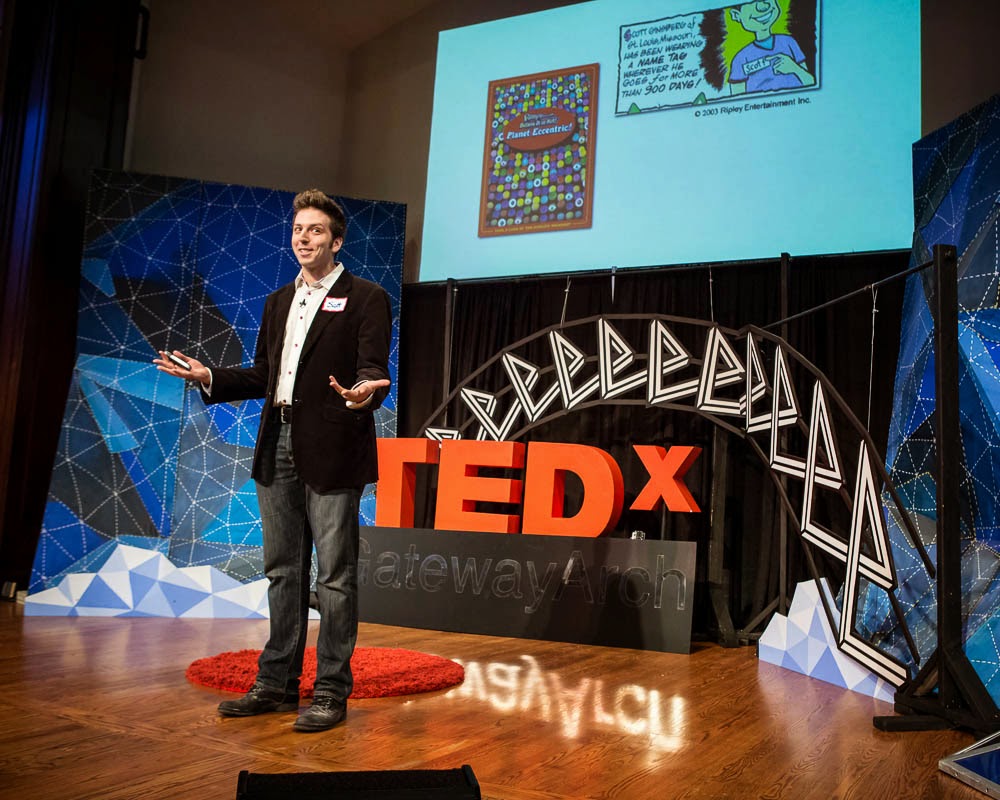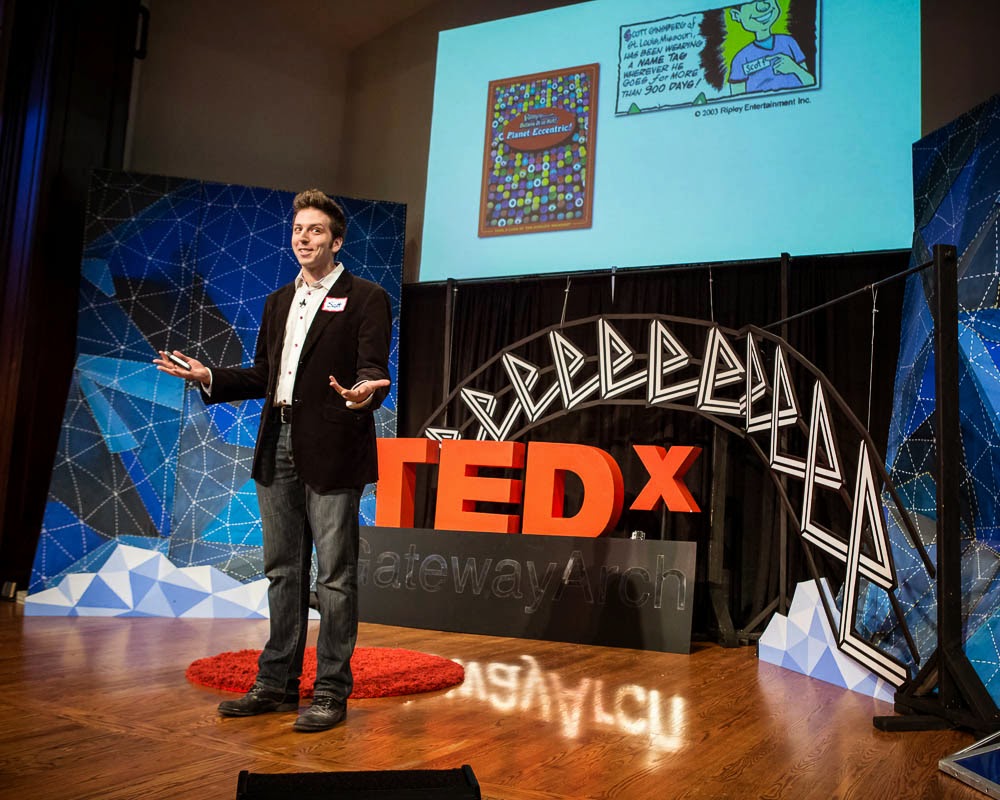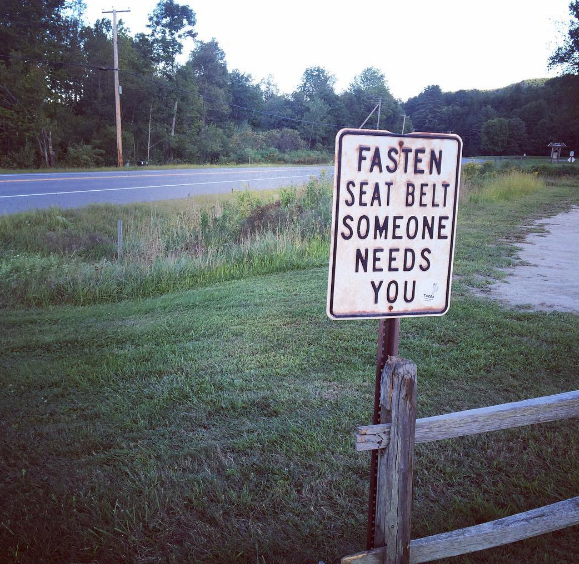
Adulting is hard.
Even accepting the fact that adulting is an actual word, is hard.
Thank you very much, Urban Dictionary.
But in my short thirty-six years on this planet, I have learned tons of unexpected lessons about what it means to be a grown up.
And not the ones they teach you in school.
The lessons you learn by starting a business from scratch, failing a lot, getting back up, failing again and then repeating that process until you either succeed massively, or develop a stress related illness and spend a week in the hospital breathing through a chest tube.
Yes, that actually happened to me. But I digress.
My friends at Credit Card Insider, an exciting new resource for unbiased consumer, commercial lending options and credit card reviews, have asked me to share a few of these adulting lessons. Specifically as it relates to finances, money, spending, saving and other spokes on the abundance and prosperity wheel.
It sounded like an interesting writing prompt, so here we go:
1. Interpretation trumps income. Since we’ve been culturally conditioned to attach so much of our personal value to our earning, we mistakenly confuse self worth with net worth. We believe that we have no value and dignity apart from our financial bottom line. And until some great monetary windfall magically comes along to make everything better, we will continue to feel less than whole. After all, who are we without our steady paycheck and our disposable income and our healthy bank account? Exactly zilch. But of course, that’s scarcity thinking. Confusing self worth with net worth doesn’t help us create a healthy relationship with money that supports and enhances our overall experience of prosperity. It merely allows us to adopt a critical voice towards ourselves. And so, like the salesman who accepts himself with every cold call, whether he gets a yes or a no, we must also learn to be accepting of ourselves in every moment, whether we are earning a lot or a little. We must trust that we are fine, we are richly supported, even when monies are not as forthcoming as we’d like them to be. Ultimately, this belief that we have enough, we are enough and we do enough, even in the wilderness of an uncertain future, is a practice of abundance that allows us to hang tough during the lean times. Remember, poverty isn’t the absence of money; it’s the absence of possibility. How we perceive and interpret our financial situation is more important than how much income we actually have. Are you rushing to make money the problem to justify your fears?
2. When in doubt, hire yourself. Renaissance artists often had patrons. Organizations or individuals who supported, encouraged and bestowed financial aid upon them, so that their creative work could collide with the outside world. These people were the original angel investors, sugar daddies and fairy godmothers, and without their crucial role, many of our finest works of art never would have seen the light of day. Davinci himself even had a number of powerful patrons over the course of his career, including kings, scientists, clergymen, politicians and other influential members of the community. Of course, that was several hundred years ago. These days, there’s a very low probability of a wealthy noble darkening my doorstep with a suitcase full of money who says, young man, I like the cut of your jib. Please accept this gift of several million dollars to help underwrite your weirdness. No contracts. No strings attached. Just send me a signed copy of each piece when you’re done, and we’ll call it even. Good day. Too bad. Sure would make life easier to have a patron like that. And so, we have to be smart about providing for ourselves. We have to find a way to fund our own projects. We have to underwrite our own ability to make art. And we have to be willing to make whatever arrangements are needed to assure that our work reaches the world. In short, we have to become our own patrons. Because nobody else is going to give us the financial foundation to prove how talented we are. That’s our job. I’m reminded of interview with one of my favorite performers. Rollins reminisced about his history of initiating his own projects, about being the producer of his own work, and his advice to young artists was, don’t ever factor in anybody ever helping you. Which sounds like petulant, cynical, selfish advice, but that’s not the point. Henry wasn’t trying to be anti dependent, attempting to meet of his needs and wants himself, refusing to be vulnerable and open to the assistance of others. He just wasn’t banking on it. He wasn’t waiting to be tapped on the shoulder. And so, he just hired himself and got to work. How will you rearrange your life to become your own patron?
3. Pave a smoother path to profitability. It’s confusing and frustrating when we’re unable to manifest financial abundance quickly and easily. No matter how many positive affirmations we write, no matter how much time and energy we spend offering ourselves to the world, in service, in exchange for money, sometimes, the bank account just doesn’t go up. And it feels like we’re just running in place, laboring in vain, killing ourselves for nothing. But that’s the nature of prosperity. It operates on its own clock. And our job is to trust the process, rather than blocking its expression. That’s why I go busking in the park on a weekly basis. Not only because the process is musically fulfilling, but financially as well. Even if strangers only donate a dollar a piece, that money still adds up. No amount is insignificant. And the best part is, after a few hours of playing, I can gaze down into my guitar case and behold a nice little chunk of change, which I earned, in real time, by sharing my art, with appreciative patrons, without asking anyone permission. That experience does wonders for my abundance mentality. The tips are a reminder than money matters to me. That income is always flowing into my life from all directions. That I am a creative professional with real earning potential. And that I’m astute enough to spot earning opportunities whenever they present themselves. The best part is, anybody can do this. It’s not about busking, it’s about basking. In the abundance that the universe has to offer. It’s simply a matter of hiring yourself, setting up shop, creating value for others, and being open to receiving the money they’re willing to give us. Even if it’s just a dollar. That still counts. Do you have a relationship with money that supports and enhances your overall experience of prosperity
4. Fire up your economic engine. The fastest way to go out of business is to be religious about how you make your money. And I mean that in a strategic sense, not a spiritual one. It has nothing to do with god and everything to do with growth. After all, the word religion literally means to link back. It’s the one thing in your life that everything else in your life links back to. And so, when growing your business, religion can be the death of you. Because it leads to the fatal temptation of defining your value, your market and your future too narrowly. Closing yourself off from a universe of opportunities. I have a pastor friend who said it best. Certainty is boring. It’s against new information. It’s orthodoxy and fundamentalism and dogmatism, which operate on a pure state of perfection that existed sometime in the past, convincing us that if we could just get back there, everything would be fine. And believe it or not, that’s how a lot people approach their businesses. They move toward their safe, proven target like an arrow, completely ignoring all the beautiful air rushing by. Air that could become oxygen to fuel their growth in a new direction. I’m guilty of this sin myself. After fifteen years of entrepreneurship, the story I’ve been telling myself is that my talents only have one or two or three ways of being used by the marketplace. But clearly, that’s just the religious fundamentalist in me trying to mitigate risk and growth and change. Trying to trap my talent in a box for fear of what other gods might be around the corner. And if I could just stop being so damn religious about how I make my money, perhaps I could stumble upon a new path of working that I haven’t tried yet. One that frees me to create new kinds of value for new kinds of markets in new kinds of ways. One that give your little economic engine every possible advantage in the current postmodern landscape. And all the businesspeople shall answer and say, amen. Are you willing to give up your models of the path as you travel it?
5. You are what you charge. When I first went into business, I would prepare for sales calls by spending twenty minutes in bathroom, quoting my fee in the mirror. It was humiliating. Especially since I was still living with my parents at the time. But that’s how scared I was. And in those early years, you have to take your confidence where you can get it. Of course, there’s nothing more maddening than the first time you actually do get the guts to ask for the money, and the prospective client doesn’t balk or even blink at the price. Because all you can think to yourself for the rest of the day is, damn it, I should have asked for more. My mentor once told me, if they say yes too quickly, you didn’t ask for enough. It’s a helpful principle of negotiation that I’ve always appreciated. Because it makes the negotiation process riskier. It invites you to add a little bravery to conversation an advocate for yourself. To look in the bathroom mirror, believe that you’re a welcome presence who’s creating value, and demand that you get paid what you’re worth. Even if that price makes the other person shift in their seats. It’s like my yoga instructor says. Better to feel slightly crappy during class than to suffer all day. The same principle applies to asking for the sale. Better to grab your balls and quote a uncomfortably high fee than to leave money on the table and hate yourself all day. Remember, you don’t get any bravery points for undercharging. Follow the fear. Use it as a foothold on the path to true aliveness. And remember that if you’re not scared, your dream is too small. What am I not charging for that people are telling me that they would pay money for?
And so, those are just a few lessons I’ve learned about finances and adulting:
Interpretation trumps income.
When in doubt, hire yourself.
Pave a smoother path to profitability.
Fire up your economic engine.
You are what you charge.
Yes, I learned every one of them the hard way. But that’s probably why the lessons stuck. In the words of Tom Hanks from A League of Their Own:
“It’s supposed to be hard. If it wasn’t hard, everybody would do it. It’s the hard that makes it great.”
He may be talking about baseball, but it’s also about the game of life.
Happy Adulting!
LET ME ASK YA THIS…
Are you robbing yourself of growth opportunities by learning things the easy way?
LET ME SUGGEST THIS…
For the list called, “99 Ways to Think Like an Entrepreneur, Even If You Aren’t One,” send an email to me, and you win the list for free!
* * * *
Scott Ginsberg
That Guy with the Nametag
Author. Speaker. Strategist. Inventor. Filmmaker. Publisher. Songwriter.
[email protected]
www.nametagscott.com
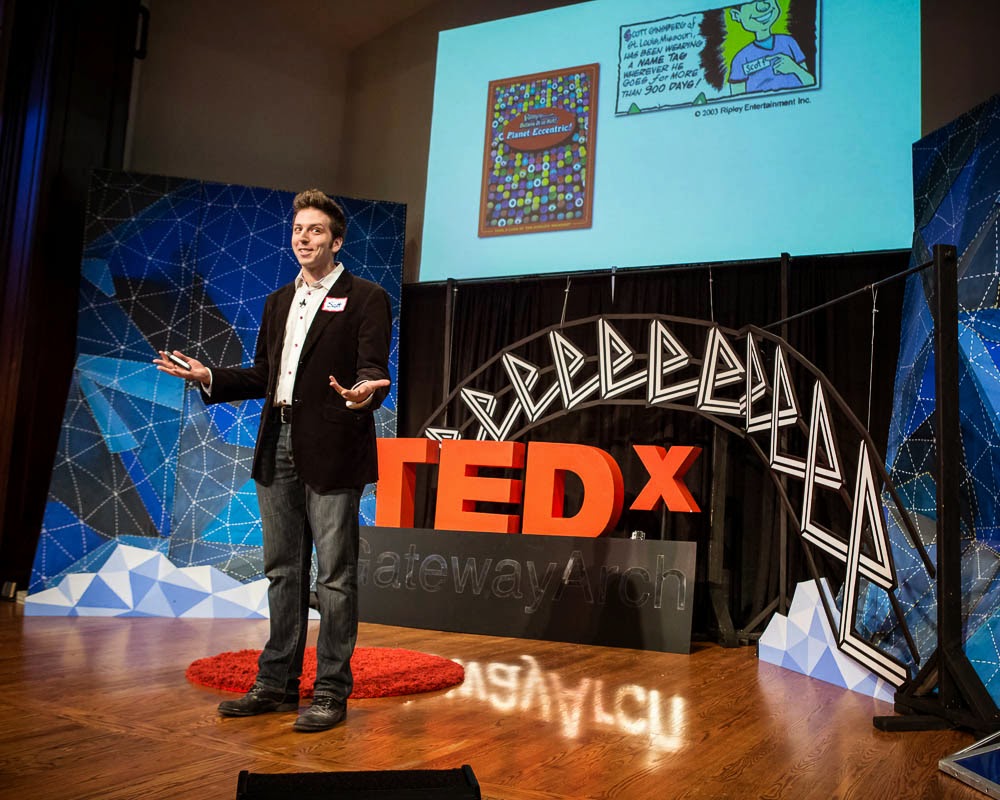
Never the same speech twice. Customized for your audience. Impossible to walk away uninspired.
Now booking for 2016-2017.
Email to inquire about fees and availability. Watch clips of
The Nametag Guy in action here!

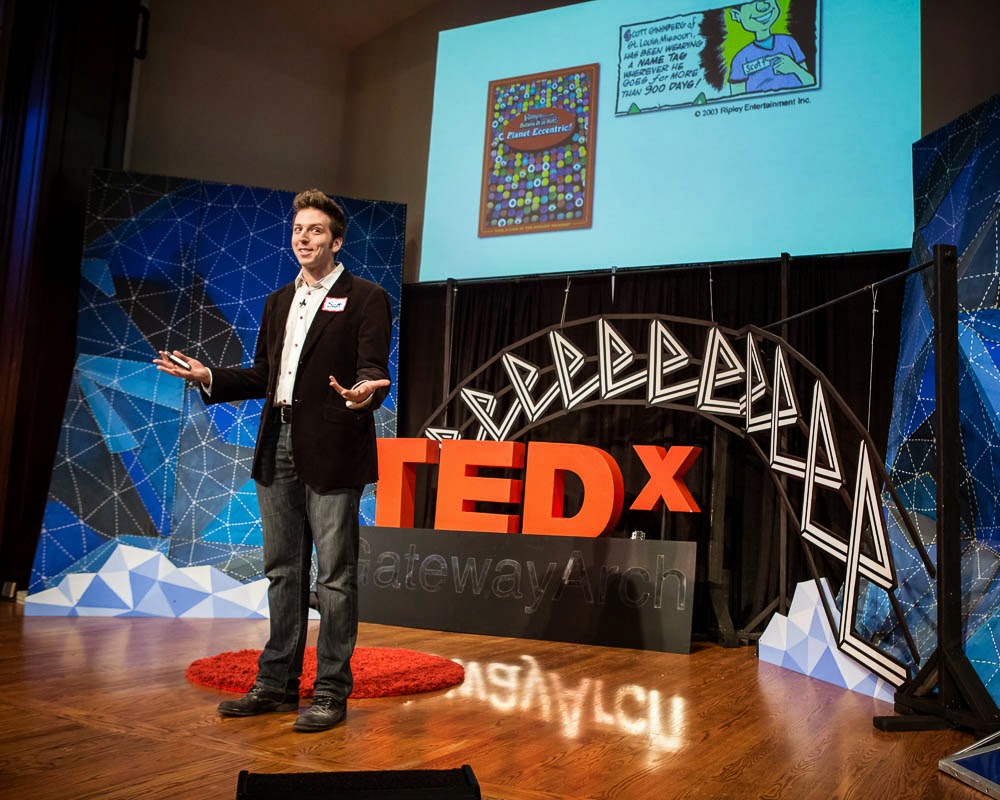




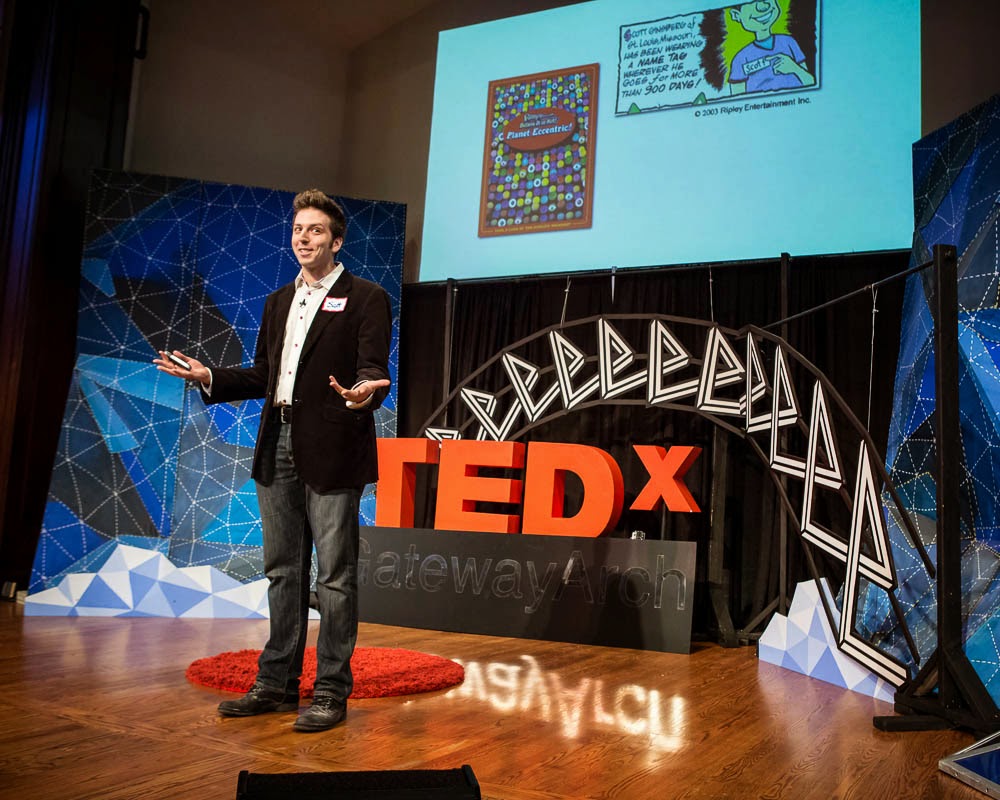

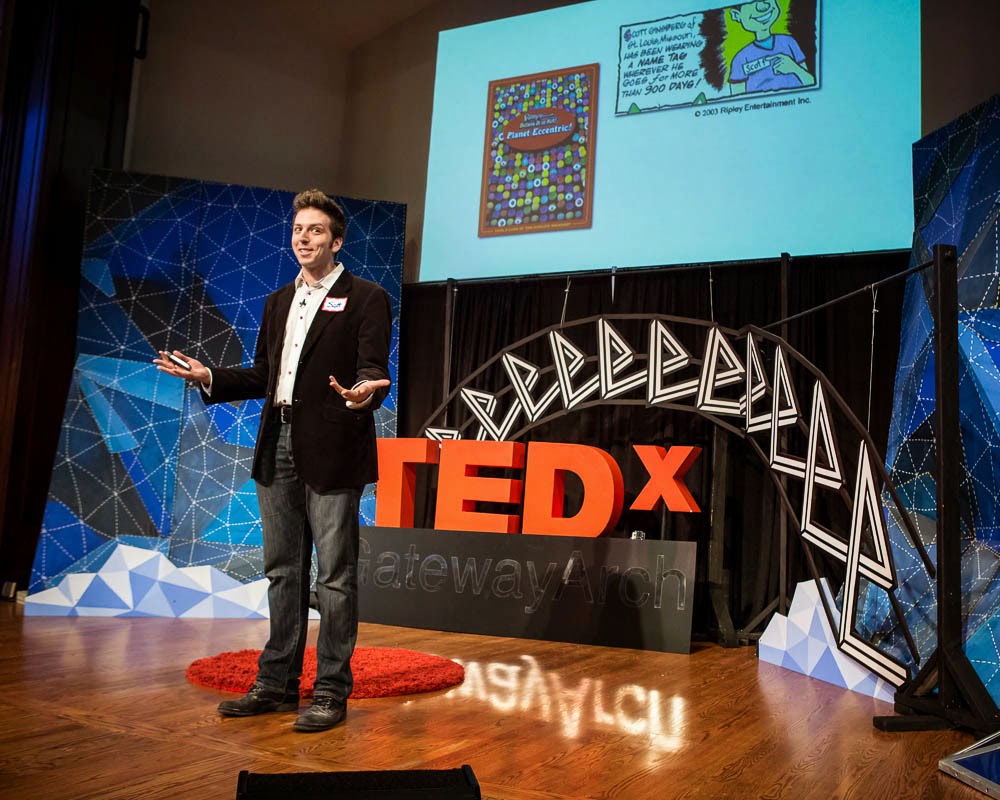

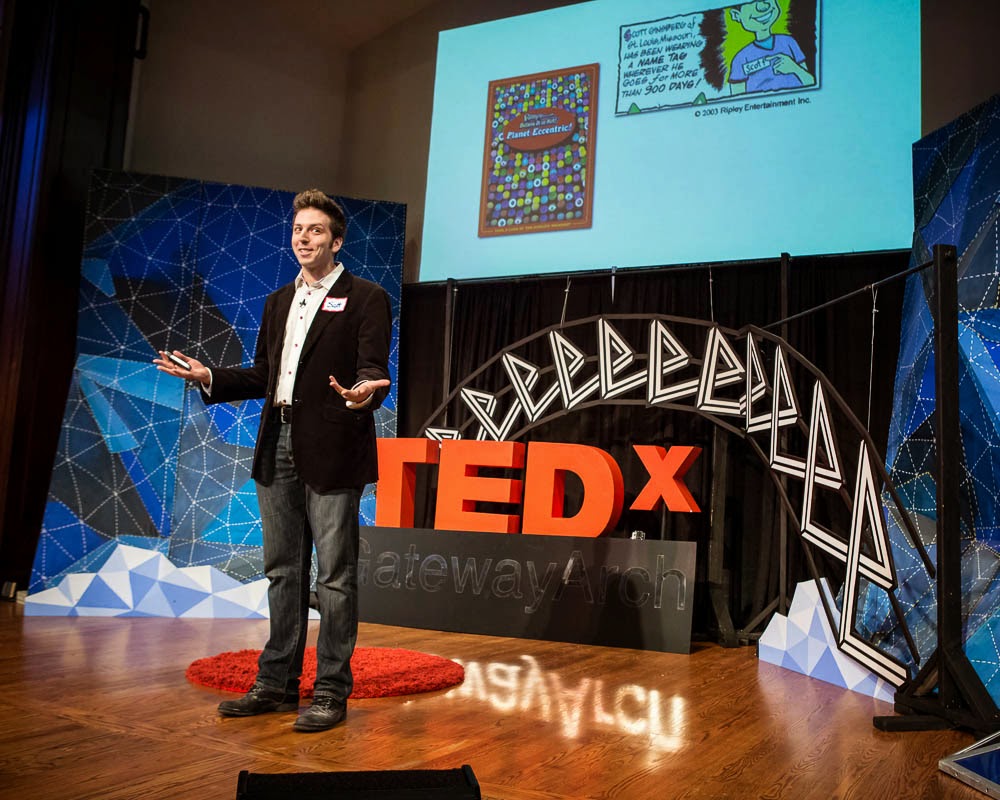
 When we first
When we first